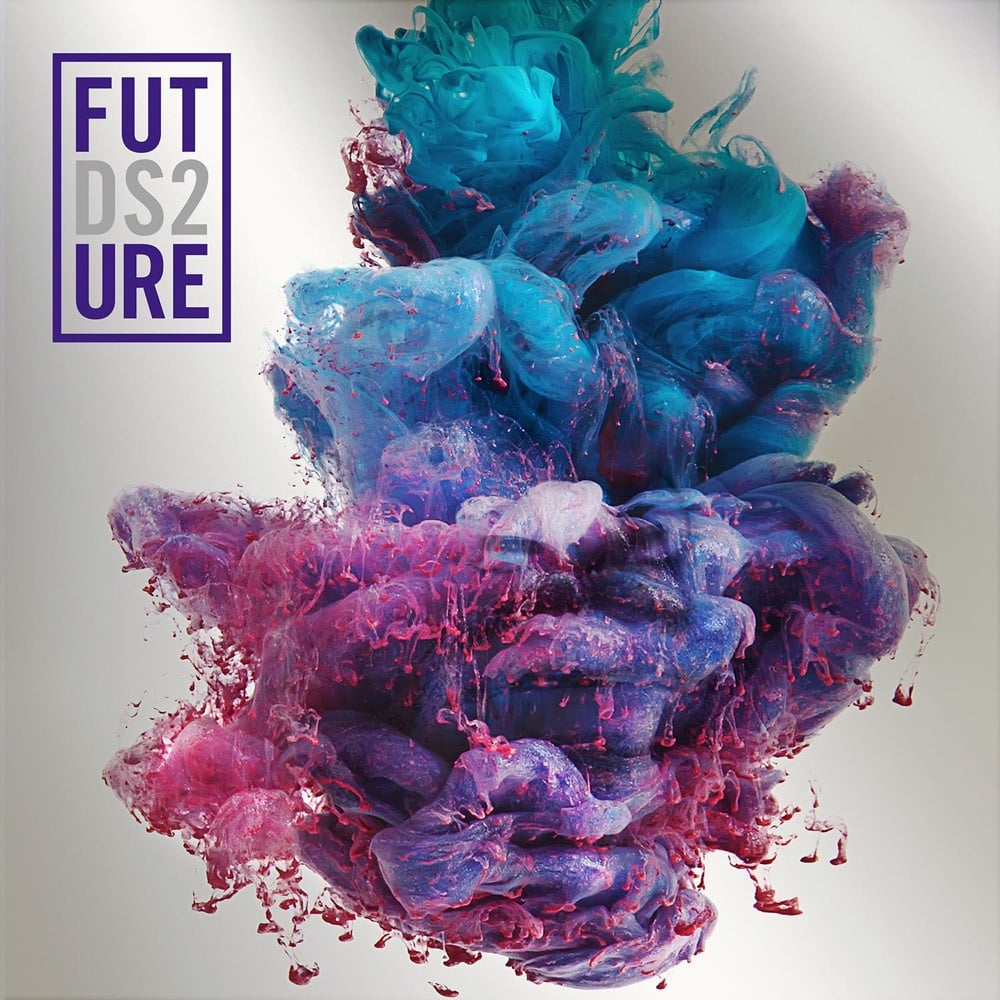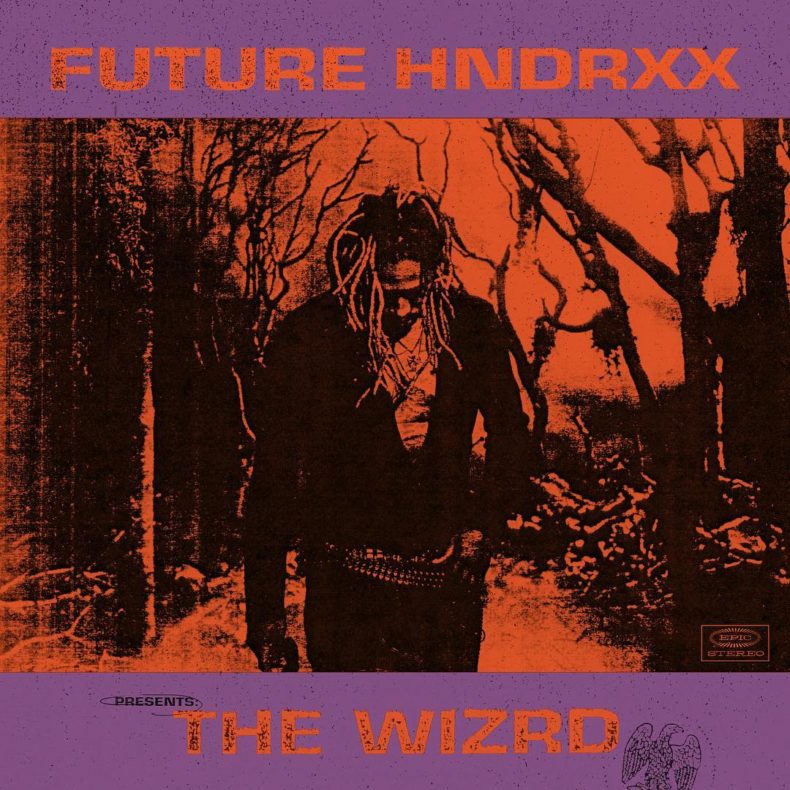
In the US, 67% of the population have listened to online radio in the past month in 2019. Sucker by Jonas Brothers garnered 849,000 in radios in 2019. Radio is the top-used format in Germany (58%), Canada (51%), UK (51%), and US (44%). Lil Nas X’s “Old Town Road” is 2019’s most-streamed song with 2.5 billion on-demand streams. Post Malone had the biggest first-week on-demand audio streams in 2019 with 365.4 million. On-demand streaming gained a positive 29.3% growth in 2019. More than 1.2 trillion songs streamed on-demand in 2018. Streaming accounted for three-fourths of the total industry revenue in the US in 2018. By the end of 2018, there were 255 million users of paid subscription accounts globally. Once submitted, the general public can send a request to their local stations to play their favorite artists’ songs. Many music labels submit their artists’ songs to radio stations to widen their reach. Even in the streaming era, there is still a portion of the population that are fond of radios both online and in the airwaves. Radio is also a popular way to listen to music. Unlike digital and physical sales, revenue from streaming is constantly showing year-over-year positive growth. According to various year-end reports, streaming is showing no signs of slowing down. Streaming is the future of the music industry. R&B/Hip-Hop with a 27.7% share is the most-consumed genre in 2019. Social media is used to look for new music by 31% of all teens. K-Pop fans also listen more to music than the average American. US K-Pop fans outspend the general population on total music spend. 35% of Americans said that they attended live music concerts in 2018. US consumers spend an average of 4 hours a day listening to music. 9 out of 10 social media users do music-related social media activity. Groups like BTS, EXO, and many more took the world by storm. The 2010s saw the rise in popularity of K-Pop, for instance. Additionally, genres also evolved to cater to the new music tastes of the general public. 
From phonographs to Walkman to Spotify, these are just a few of the milestones the music industry has gone through. The way people consume music has drastically changed over the years.
The US digital and customized radio services revenues were $1.16 billion in 2019.Ĭreated by Music Consumption & Behavior Statistics. Breaking an artist into a major market can cost $2 million. The number of paid subscribers grew by 27.8% from 2017 to 2018. There were 225 million paid music subscribers worldwide. About $400 million of revenue will come from digital downloads in the US by 2024.  Experts predict that by 2024, almost $5 billion in revenue will come from streaming. The reported global digital music revenue in 2018 to $2.3 billion. A testament to this is the amount of revenue the industry makes from streaming.
Experts predict that by 2024, almost $5 billion in revenue will come from streaming. The reported global digital music revenue in 2018 to $2.3 billion. A testament to this is the amount of revenue the industry makes from streaming. 
And in just a few years, streaming has now become an integral part of the industry. The emergence of music streaming disrupted the relatively straightforward business model of the music industry then. Each year, billions of dollars are reported as the industry’s annual revenue-writers, producers, artists, labels, and more benefit from the continuous patronage of music fans around the globe. Shares of the company rose 3.4% to $113.39 in morning trade.The music industry is a lucrative business. Total sales for AbbVie rose 11.2% to $14.34 billion, narrowly beating estimates of $14.32 billion.ĪbbVie now expects full-year adjusted profit of $12.63 to $12.67 per share, compared with prior expectation of $12.52 to $12.62. Sales from plaque psoriasis drug Skyrizi jumped 83.3% to $796 million, also above estimates of $765 million. 30, beating the average analyst estimate of $436.8 million, according to Refinitiv IBES estimates. Sales from Rinvoq more than doubled to $453 million in the quarter ended Sept. "Regardless of what happens with Rinvoq's label, I have a high level of confidence we can continue to do that," said Gonzalez. "What we're basically trying to accomplish with the company is build a set of assets that could ultimately significantly replace Humira in the marketplace and be superior to Humira," said Chief Executive Richard Gonzalez. drug regulator in September asked AbbVie and some rivals to include information about the risk of serious conditions and death from use of drugs that belong to a class of treatments known as JAK inhibitors, including Rinvoq.ĪbbVie executives reiterated they still expect both Skyrizi and Rinvoq to significantly contribute to AbbVie's long-term growth. One of the new drugs, however, has come under some pressure since the U.S.







 0 kommentar(er)
0 kommentar(er)
